Shock Waves Hit the Internet
It’s Not Over ‘Til It’s Over

Next stop: Opernhaus Zurich
“Nabucco”
By Carol Jean Delmar
Opera Theater Ink
Upon hearing the devastating news that Plácido Domingo stepped down from ever performing at the Metropolitan Opera again, and will no longer be singing “Macbeth” with Anna Netrebko at the Met but will be replaced by Zeljko Lucic for his scheduled three performances — I sat on the chair in front of my computer in shock.
Since I have been writing on the subject, I have received overwhelming support for my commentaries by hundreds of Domingo fans because they feel they are in a minority, are not being covered by the press, and need a voice in print. Sadly, some of them have written me phrases like, “It’s over,” and “The mob has won.”
I was trying to find a way out for Domingo when I first heard the news and talked for the first time to a number of these Domingo supporters. I do not want to really call them fans because I think of fans as being naive young people outside of the situation. But that is not the case with those who have started and maintain a group Facebook page in support of Domingo. They are not young naive fans. They are mostly women, with some men included, who are older and intelligent. They live all over the world and support Domingo for his artistry. One woman that I talked to had even been at the Salzburg Festival when Domingo received a standing ovation before he even had uttered a note this summer. The woman told me that he had tears in his eyes. I was extremely moved.
The women are trying to think of solutions. The only way that Domingo could still be redeemed, they think, is if no one shows up for the opening of “Macbeth.” But that scenario is very unlikely. I will be writing on the evening in another commentary.
According to the New York Times and NPR, Domingo issued a statement which was very gracious. He stated that he was thankful for having been able to sing at the Met for so many years, but didn’t want to detract from those in the production.
NPR wrote that Peter Gelb, the Met’s general manager, also issued a statement which read that Domingo “agreed” to step down. The word “agreed” implies that Domingo was forced out. The Times stated that state Sen. Brad Hoylman called for Domingo to be removed from the performances, and if he wasn’t, Hoylman called for the removal of Peter Gelb. The Met had no choice.
But can the senator do that? I doubt that even if a senator calls for the removal of someone from a job, the company does not have to oblige him. I believe the call to oust Domingo by the senator was totally a political maneuver so that he would secure votes during the next election from members of the #MeToo movement.
I am far too upset by the cause of events to write. If my readers want the details of the Domingo scandal, I hope they will read my previous commentaries.
My heart goes out to the Domingos. The press and a senator have pushed Domingo out. The companies have tried to be sensitive to the #MeToo movement and in so doing, the companies have pushed the greatest living tenor out of their theaters. I find their acts reprehensible.
Domingo has been tried by the press, not a court of law. The accusers were anonymous except for two who described no acts that were illegal. And if any women agreed to Domingo’s accused advances, their actions were consensual.
The Los Angeles Times commentary by Mark Swed clearly showed that the LA Times wanted Domingo to resign as general director from Los Angeles Opera. The Times already had his successor picked out. So now the Times will most probably get its wish.
I believe that Domingo has wrongfully been tried by the press when the press didn’t really even have a story.
The Associated Press started the scandal, and the Los Angeles Times followed suit. A senator tried to influence an opera company by exerting pressure. It worked, but after I slept, I woke up with a start. It was because Domingo may not sing in America very much anymore after this scandal, and he may not be the general director of LA Opera for too much longer. But I believe the decisions must be his decisions to make, and I believe this incident is far from over.
Domingo spoke of “due process” in his statement. I believe he has been speaking to his attorneys, therefore. So although he may not be singing in “Macbeth,” I believe that lawsuits will result because Mr. Domingo did not have due process under the law and was canceled by the Met as well as other companies in the United States. So far nothing has been tried in a court of law, and nothing that Domingo is accused of doing was illegal and worthy of a lawsuit against him, but since I am not an attorney, I do not really know. However I do think that Domingo has grounds for a defamation libel lawsuit, with Domingo as the plaintiff, against possibly AP, the LA Times, the state Senator, and the companies that canceled him without proper evidence. Domingo used the words “due process” in his statement for a reason. He could file a lawsuit and the people and organizations that have plotted his professional demise could still be punished if damages are proven with intent. I pray that Domingo will continue the fight to restore his good name while singing in Europe where he is accepted and appreciated. As Americans, we do have the right to due process, and Domingo was pressured and continues to be pressured, without due process, which has forced him to resign from companies including the Met.
Going Back Before the Final Blow
On Monday, Sept. 23, it seems that the press focus should have been on the opening of the Metropolitan Opera season with Plácido Domingo protégèe Angel Blue in the leading role as Bess in “Porgy and Bess.” The focus was on the Plácido Domingo allegations instead.
Angel Blue was a student at the LA County High School for the Arts. I met her at UCLA when she was studying with the great baritone, Vladimir Chernov, while securing a graduate degree at UCLA where he is a professor. Then she moved to the young artist program at the Los Angeles Opera, and has continued under the direction of Domingo, singing all over the world in concert with him, to reach the wonderful moment for her as Bess in “Porgy and Bess” at the Met.
That was yet another generous act that Domingo has accomplished. He nurtures young singers to success.
Nothing will take away my undying respect for the man who has devoted his whole life to further the art of opera.
The Old News
Before Domingo’s resignation, the union held a seminar in Los Angeles to address what to do if singers or chorus members are harassed or have been harassed and are employees of an opera company.
And Peter Gelb held a session with chorus and orchestra members of the Met on Sept. 21, to explain his rationale for not taking actions regarding the Domingo scandal at the time. Much of what I have been surmising is similar. He did not have sufficient evidence to act on, and there was no corroborating evidence, he said. He said earlier that he was waiting for the results of LA Opera’s investigation.
Plus the makeup artist who was applying makeup on Angela Turner Wilson and Domingo in the same dressing room when Wilson said he groped her — the makeup artist has denied what Wilson said happened. He originally said that he could not remember the incident, but on Sept. 23, his denial was printed online.
I repeat that all of this stemmed from one story which began in the Associated Press and continued with another story which acted as a springboard to still other news organizations that then included the AP story in their coverage .
The #MeToo movement might have started the flood of accusations that now are plaguing the opera world about Plácido Domingo. But it is not the accusations that are the worst part. The worst part is that members of the press and media have pushed Domingo out, as Domingo said in his statement, without due process. The press ran stories without attributions. Domingo has been pushed out by the press. This is not the end of the story, but possibly just the beginning. I see a lawsuit in Domingo’s future. He will not be a victim, but the Plaintiff.
However the state senator was the last straw. What right does a senator have to dictate to a company who they should hire or fire. When politicians get involved to prove their worth to their constituents, to assure their next election, I find that very sad. But what can I do about it?
Flooding calls to the editors of newspapers might help. Writing other officeholders might help as well.
But the press is responsible for ruining this family’s lives, with the help of a state senator who added pressure without the power to do much of anything except to go to the press for reinforcement.
What’s In a Name
I am the daughter of a father who was an opera singer in Vienna and Prague in the late 1930s. He was forced to give up singing after fleeing from Prague at the time of the Holocaust, and then he lost his voice in Cuba where he and my mother were stranded in an internment camp. Once out of Triscornia, they lived in Havana until they could attain visas to come to the United States. The trauma weighed heavily on my father, and he was forced to learn a new profession to support my mother and me.
I was raised like a normal American child because that is what my immigrant parents wanted. They spoke German at home, but they didn’t want me to learn the language because they didn’t want me to develop an accent. My father gave me voice lessons, and my mother carted me off for acting, dancing, swimming and tennis lessons after school. I was a spoiled American non-brat.
My parents did not talk much about their past to me, but after my mother died, I felt the need to write a book about their love story. That is when I went delving. My father taped the story of his life for me. I would sit and listen with him to his favorite operas and Lieder for hours.
But this story is not about him. That is the point. No one asked him about his life at the Neues Wiener Konservatorium when he was a student there. No one asked him about his life at the Volksoper in Vienna when he sang there. No one asked him about his life at the German Theater in Prague or at the Stadttheater in Aussig when he sang there under the baton of Kurt Herbert Adler, or when he sang Lieder for the Gauleiter who didn’t know that he was Jewish when the Nazis were infiltrating the border.
All everyone was concerned about was how my father sounded. And when he could no longer produce that sound in Havana, he felt that his life had ended. Once in the United States, he went to the best doctors in New York, Knoxville, and at Mayo Clinic. My father loved my mother and was faithful to her, but nobody asked or cared. It was all about restoring the sound of his voice.
When I go to hear opera, I always focus on the voices. I went and still go to opera based on the cast I will hear. That is what is so wonderful about opera. You can hear an opera hundreds of times, and each time the opera is different because the singers are different as well as the production.
Nowadays, the productions are important. But to me, opera will always be about the voice.
Where I am leading with this story is that people go to hear certain opera singers. They go to hear Plácido Domingo. I don’t want to go to a performance only to learn that the cover will be singing the role. I buy tickets based on who the opera singer is that is singing that role. So if I had bought a ticket to hear “Macbeth” with Domingo and Anna Netrebko, I would be very upset if he wasn’t singing. I don’t care about his private life in that context. I just want to hear Plácido Domingo sing. No one else will do.
I feel the same way about Luciano Pavarotti and Jussi Björling. If I could hear Björling now, I would run like lightening to the theater and probably cry when he walked on the stage. He wasn’t perfect. He had an alcohol problem outlined in the biography written by his wife. But I don’t care. Opera has always been about the voice to me. Opera singers are human beings, too.
When Los Angeles Opera had Ferruccio Furlanetto on the bill of “Don Carlo,” I went two times to hear him sing. I could have gone a third time. Plus I love the opera.
I went early on as a child to hear Renata Tebaldi at the Shrine Auditorium sing “Madama Butterfly.” My father took me to hear her when I was about 8. I went to hear Renata Tebaldi and no one else.
Domingo sang Pinkerton on a video I own. He did such a convincing job with the acting that I didn’t want to go to that opera for years. I just hated his character.
Again, I may be straying from the subject. But what I am trying to say is that people are buying tickets to hear Plácido Domingo and no one else. So if a company cancels him due to anonymous unproven accusations, I have no use for that kind of company, not even the Met.
The Three Tenors came about by a wonderful promoter who knew how to get them over the threshold into the living rooms of the normal person.
There are many tenors, bass-baritones, baritones and basses with gorgeous voices, but so far, that type of phenomenon has never occurred since. So those who love opera know who the current voices are and who they want to hear, but the rest of the world continues to be intimidated by the art form that they know so little about.
Domingo is probably the only person left who can draw in a cross-over crowd en masse. He also can still bring in the opera-goer who has loved him for years. He is going down in history as a legend in opera whether the #MeToo people like it or not.
The #MeToo movement seems to be in the way. Now suddenly the press runs with every story due to its impact, even if the story is totally opposite of what the reporters know as ethical journalism. They develop stories with anonymous accusations that occurred years ago when the times were different. Yes: Fake News.
Various companies canceled Domingo’s engagements, and now he is not singing at the Met. Even though the chorus members have not been affected by his accused advances, they contributed to the witch’s brew when carrying on that they felt awkward around him, and the press called that a story.
I am so appalled that I can barely think about anything else. Here is a man who is loved within the opera business. He is cultured and refined, and he presents himself as being noble and kind.
If he is different in other circumstances when he is not performing, I don’t care. I cannot attest to whether or not he has gotten a bit carried away with women in the past or not. Some believe him to be innocent. Others do not. I personally don’t care one way or the other because his advances were minimal in nature, although it was nice to learn that the makeup artist denied Wilson’s story, since he was there as a witness.
I go to opera to hear Domingo because he is a brilliant tenor, the only one left of his generation who is bigger than life. I grew up hearing his sound and hearing his name. The first time I heard him live, which was late in the game, was at the Dorothy Chandler Pavilion. I was excited to simply be in the same room with him. Later when I began writing reviews, I went to opera performances so that I could write the reviews. But I still focus on the voice and the singer who is singing — young, new or old. But my general trend is still to go to an opera based on the singers in the cast.
Talk about replacing the general director of Los Angeles Opera? I am afraid after this, the LA Times will get its wish, but the revenues will fall drastically in Los Angeles. People donate big money to opera companies based on name ID.
Europe seems to be more open and flexible than the United States. The public in various cities in Europe has been raised knowing that culture is important. The people value theater, dance, classical music and opera. When I go to Vienna and ask the concierge of my hotel where to go, he tells me to go to the Wiener Staatsoper. In Los Angeles, the concierge tells me to go to Disneyland.
No one really cares about whether or not Domingo smiled at a woman, or even asked her if she had to go home that night. He is Plácido Domingo, and after he leaves the scene, there will be no one else to fill his shoes.
Yes, opera singers do reach high depths sometimes in the modern era today. Soprano Anna Netrebko has managed to climb to the top of the ladder.
So now people had the opportunity to hear both stars on the same bill at the Met, but the chorus members felt awkward.
I am sorry. There is something wrong with this picture. I was wrong in a former piece I wrote that everyone is dispensable in life. Plácido Domingo is not. He is irreplaceable. There will never be another Caruso, Gigli or Björling. There will never be another Pavarotti, and there will never be another Plácido Domingo.
So I advise the press and companies who have canceled his performances, including the Met, to stop harassing him. I advise those who know nothing about opera who have latched on to the #MeToo movement, to stop harassing him.
I fear that the only thing left for Domingo and Marta to do is to retire to Europe where he can sing with acceptance. His next scheduled performance is at the Opernhaus Zürich in “Nabucco.” Hopefully, he will sing in the United States to a smaller degree, so that we can still be graced with his presence.
So, go hear him while you still can. Go hear him and feel honored that you are in the same room with him. And give him a standing ovation for his loyalty to you in the audience.


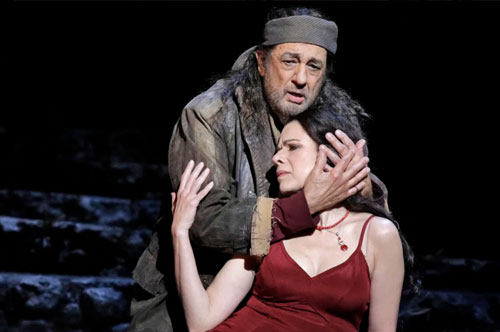
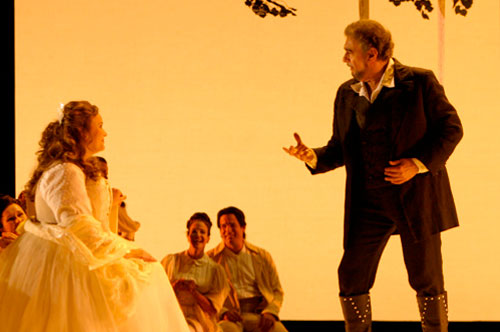











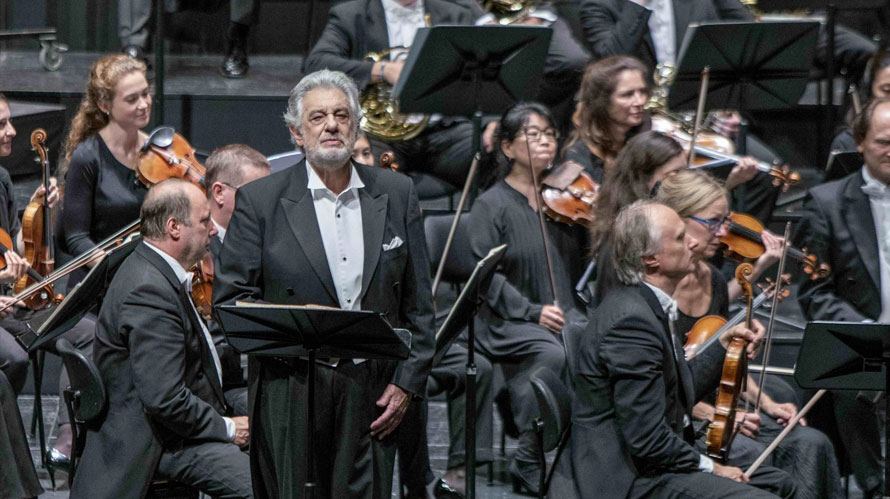
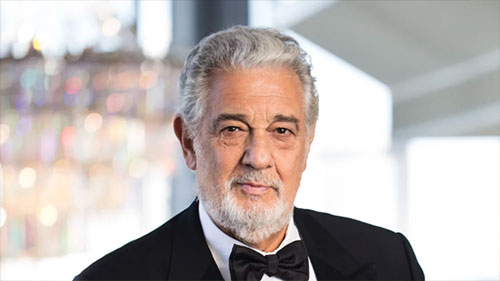




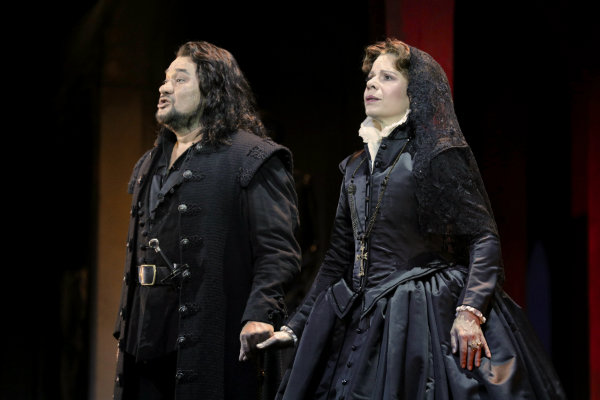
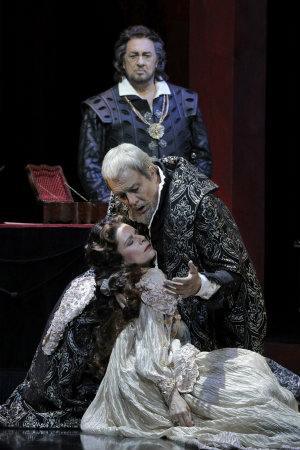
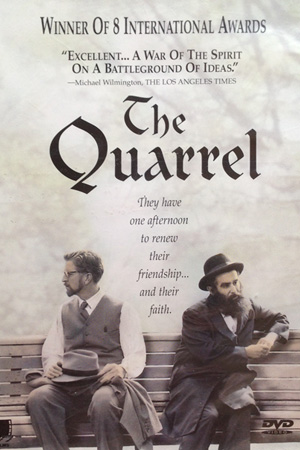






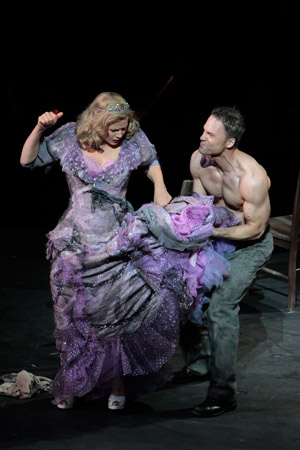

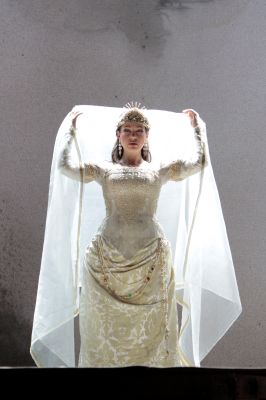



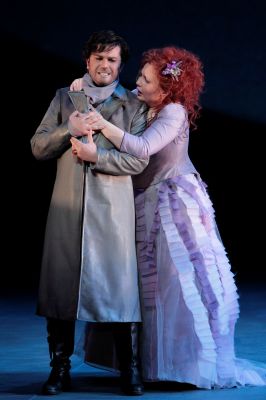





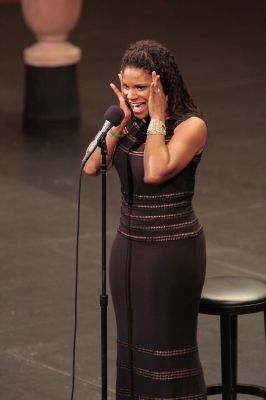


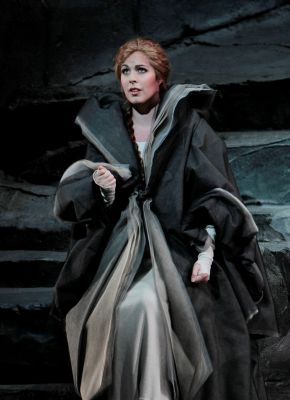

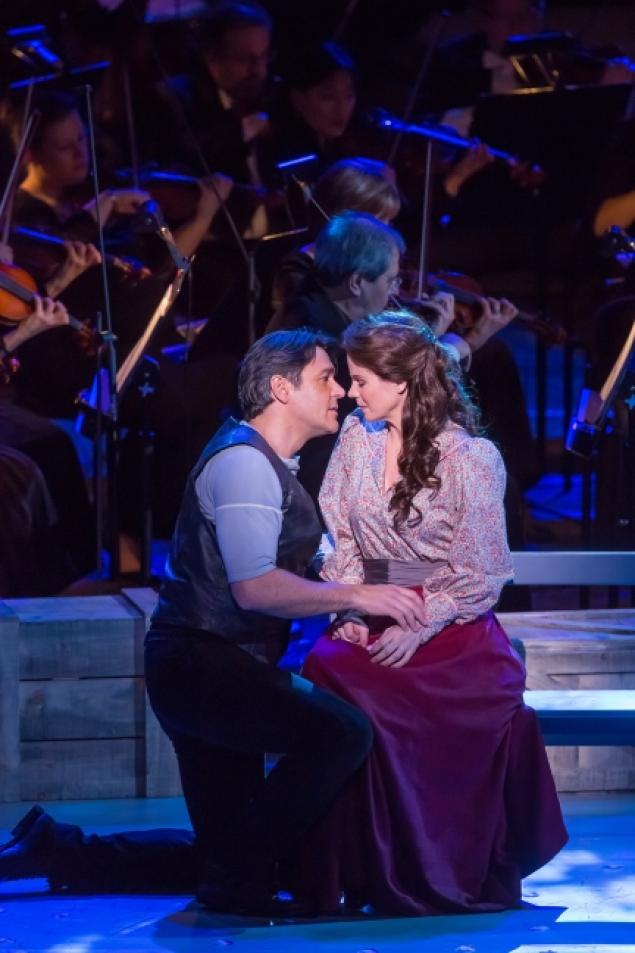

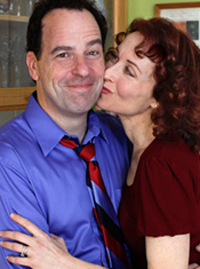

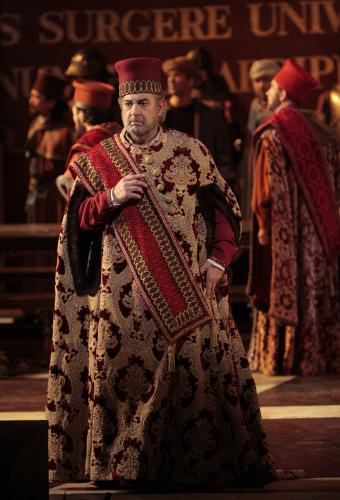

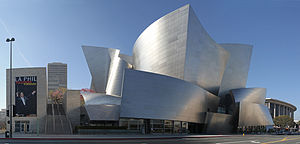
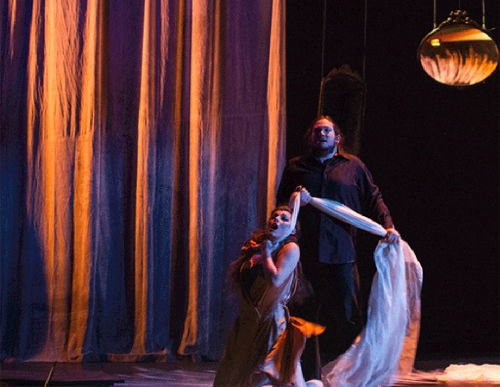
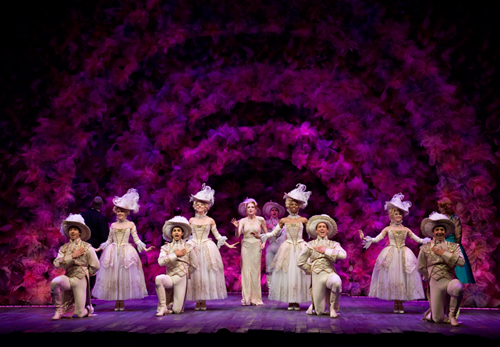
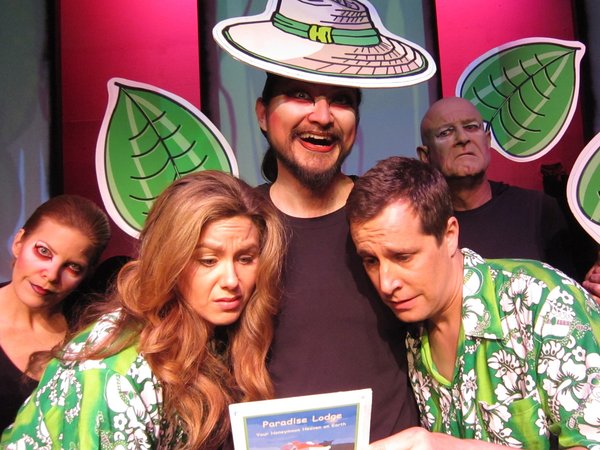

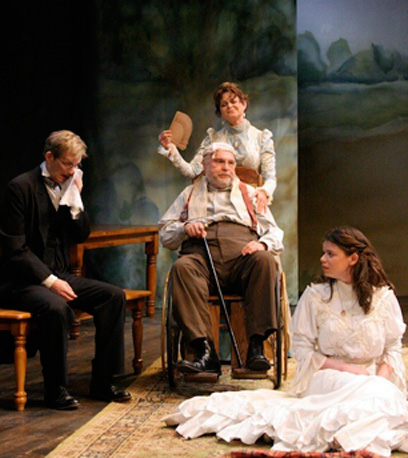
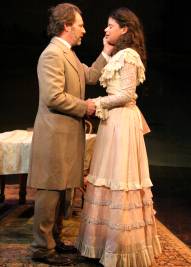
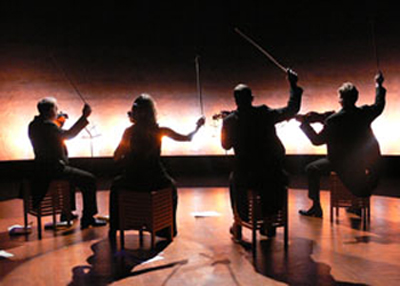
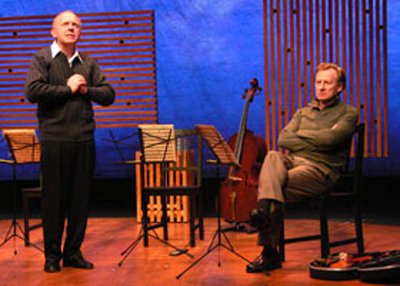

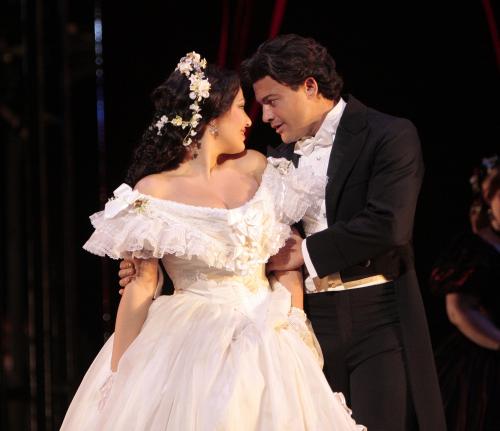
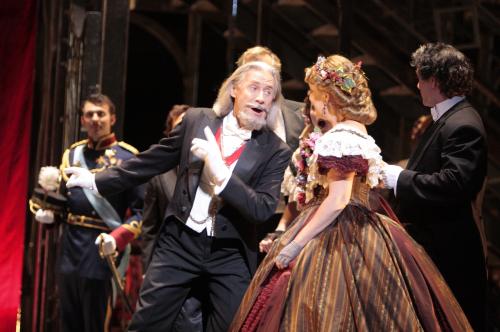
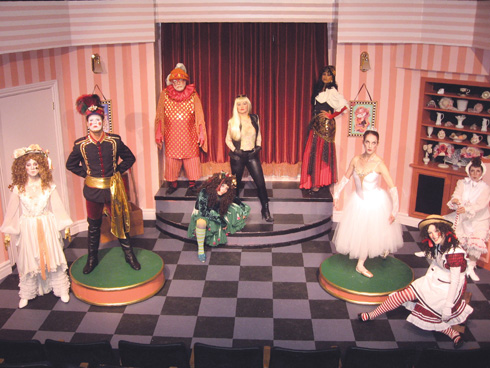
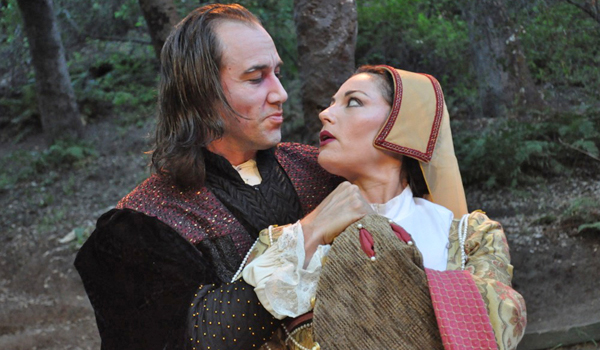







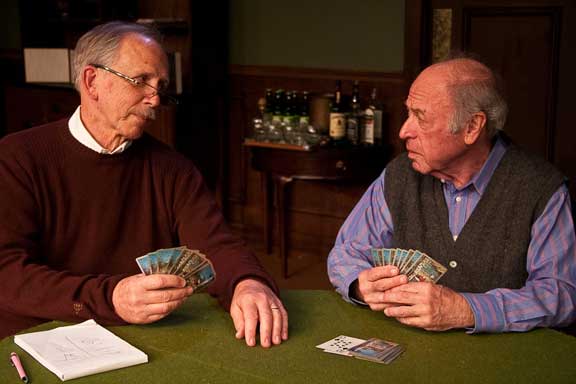
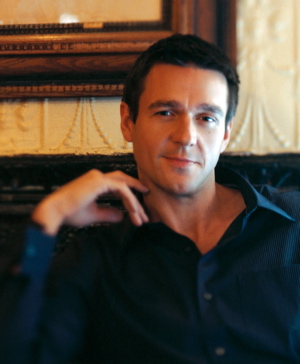



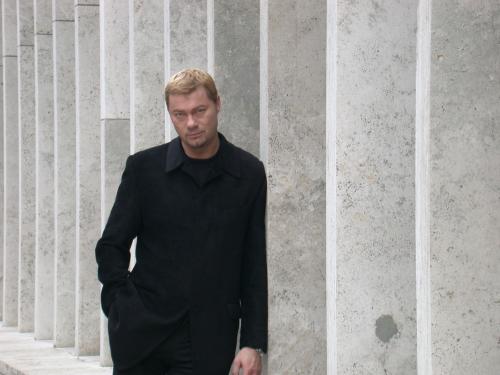
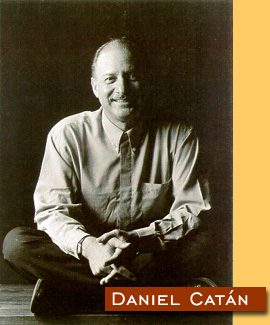
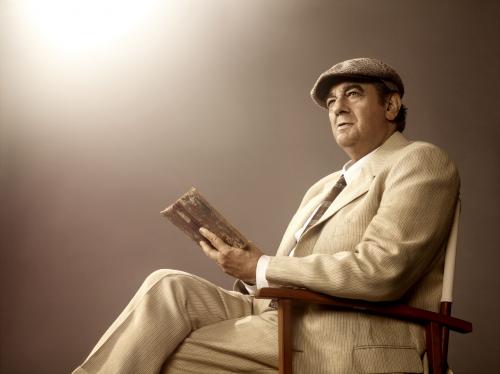









The “Moo-Cow Serenade” is like
Vi-Jon’s Magnesium Citrate Recall
By Carol Jean Delmar
Opera Theater Ink
The “Moo—Cow Serenade”
is being composed right now by me at the same time I am writing this opinion piece on the magnesium citrate solution recall by Vi-Jon, for the Vi-Jon company is actually the lone cow.
Vi-Jon LLC has recalled thousands of bottles of magnesium citrate saline solution throughout the world. Yet only three instances of bacterial contamination from gluconacetobacter liquefaciens have been reported to date, but the company has declared a voluntary recall of all flavors and most lot numbers, to show its consumer concern and advocacy. The recall began more than a month ago with expanded lot numbers and flavors added—and no replacement dates included.
Vi-Jon LLC seems to have a monopoly on the product, as if it were a lone cow with a monopoly on all the milk production in the land, for the company has recalled all the magnesium citrate solution it produces from all the major drug stores and pharmacies it services, where the product has been placed in bottles with brand names featured on the bottles, including CVS, Walgreens and Rite Aid, as well as Major, Leader, Swan, Equate, Equaline, Good Sense, Kroger, Sunmark, and others, which are distributed to markets and smaller pharmacies throughout the United States, Panama and Canada.
Can you imagine one cow producing so much milk that it is packaged in cartons reading Knudsen’s, Horizon, Organic Valley, Stonyfield, Trader Joe’s, Whole Foods, and more — so that if ONE brand were contaminated, so would they all be?
Those may be hypothetical comparisons, but think about it: Many poor little babies would be deprived of their milk.
Well, that is exactly what Vi-Jon has done with magnesium citrate solution. It is simply not available.
I am a 75-year-old consumer with Parkinson’s Disease. Magnesium Citrate solution was recommended to me by my gastroenterologist five years ago when I was in the hospital. The product is used as a prep before procedures or by taking a reduced amount when necessary. Magnesium is good for muscles, bones and nerves,, and for flexibility.
As a senior citizen taking Carbidopa-Levodopa, to reduce my ongoing motor symptoms of Parkinson’s Disease, the recall has impacted me greatly, but I have not been sick from any contamination.
I have tried to find a substitute brand, but cannot. Most pharmacists have returned the recalled bottles. One actually told me that she would send her remaining bottles back to Vi-Jon rather than risk losing her license by selling them to me. As a consumer, I would rather risk the side-effects of taking the recalled item than risk the challenges of not taking it when indicated, or experimenting with a new product altogether.
So I therefore must ask: Why does one company have a monopoly on the distribution of one product? Especially when it is a simple and inexpensive product like magnesium citrate solution, which could be purchased uncontaminated if produced by more companies?
I have not gotten sick after injesting more than 10 recalled bottles that were in my possession. I “have” had difficulties opening the caps on some of the bottles, however, and have used steaming hot water and knives to screw off the tops. The hot water could have created the contamination, I assume. But then I am not a scientist and do not know the reasons inherent in my dilemma.
I only know that with all of the modern-day drugs and cures and Covid vaccines, I “should” be able to buy something as simple as pure, uncontaminated magnesium citrate solution somewhere. But after calling half the drug stores in Los Angeles County and beyond—I cannot.
Comments Off on Commentary: The “Moo-Cow Serenade” is like Vi-Jon’s Magnesium Citrate Recall, August 26, 2022
Posted in Commentary/Opinion, News